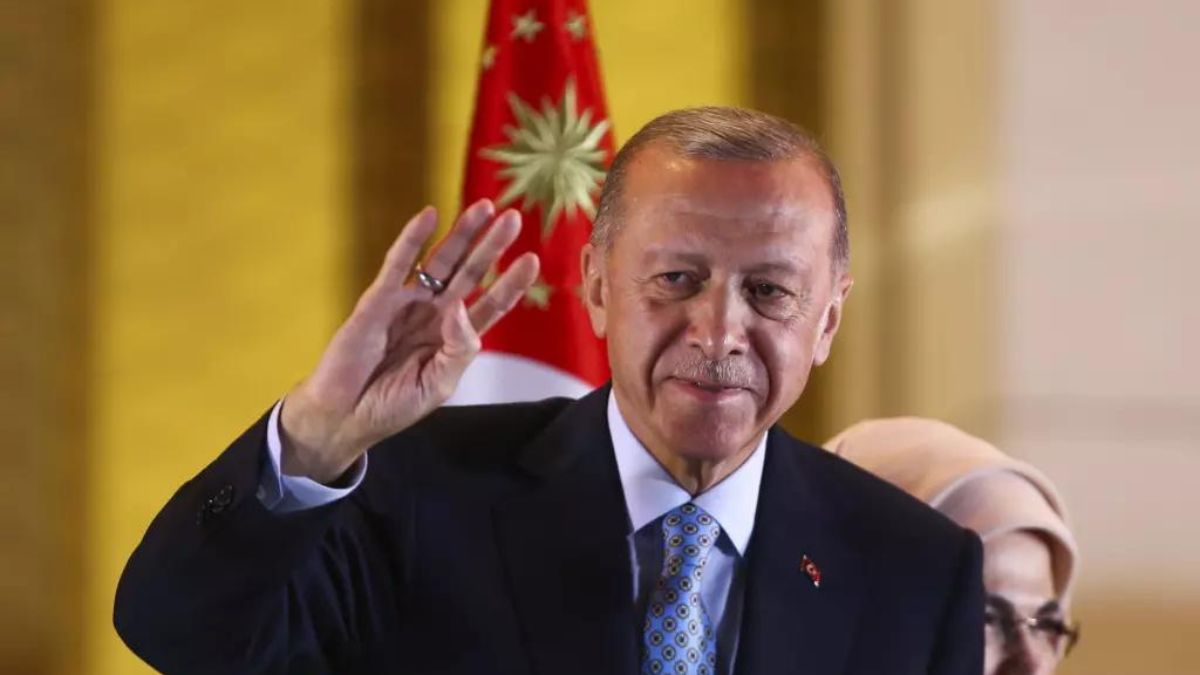President Erdogan’s administration is exploring avenues to limit the authority of Turkey’s Constitutional Court following its decisions to release a jailed opposition member, as per senior officials and legislators within the ruling coalition.
In October, Turkey’s apex court ruled that the continued imprisonment of Can Atalay violated his right to serve in parliament after being elected while in detention during the May general election. Atalay, a lawyer, received an 18-year sentence in 2022 for his alleged role in organizing nationwide protests in 2013, which he denies.
The Constitutional Court’s decision to free Atalay prompted a standoff with the Court of Cassation, the nation’s top appeals tribunal, which refused to acknowledge the ruling, arguing that the former had overstepped its mandate.
President Erdogan’s adviser Mehmet Ucum criticised the Constitutional Court’s actions, calling them unconstitutional. Erdogan and his allies are concerned about the court’s extensive use of “individual applications,” enabling citizens to directly petition the court on rights issues.
The court has handled over 500,000 such applications since 2012, issuing rulings in over 484,000 cases. Erdogan hinted at legislative intervention to resolve the impasse, suggesting the creation of a separate “Turkish Human Rights Court” to handle individual applications.
While Erdogan’s government insists that the judiciary aligns with international standards, the European Commission has expressed concerns about democratic standards, human rights, and judicial independence in Turkey.
The Constitutional Court’s increasing popularity, especially for its rulings on individual applications, reflects its growing resonance with the public. However, several of its decisions have irked Ankara, including the release of journalist Sahin Alpay in 2018, accused of involvement in the failed 2016 coup.
Despite occasional rulings against the government, the court has also upheld key government measures, such as emergency laws enacted after the attempted coup in 2016. Erdogan’s supporters view the court as a symbol of Turkey’s functioning judiciary, while critics argue it exacerbates rather than resolves systemic issues.
The ongoing tension underscores Erdogan’s attempts to navigate the delicate balance between consolidating power and maintaining democratic legitimacy in Turkey.


